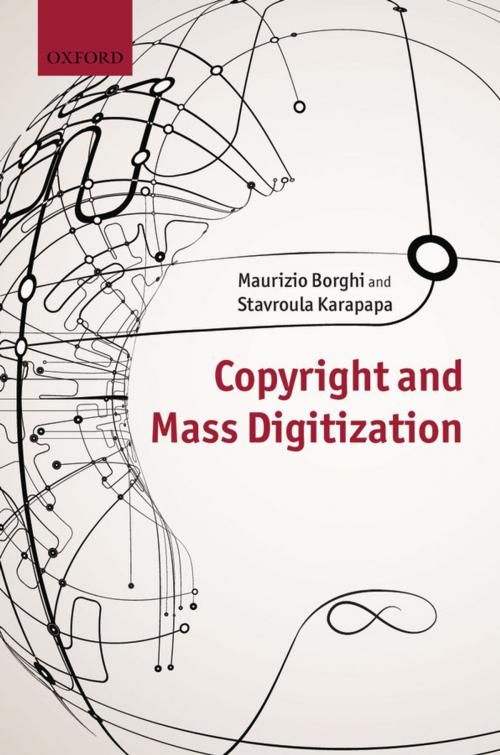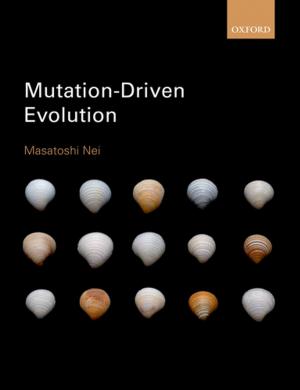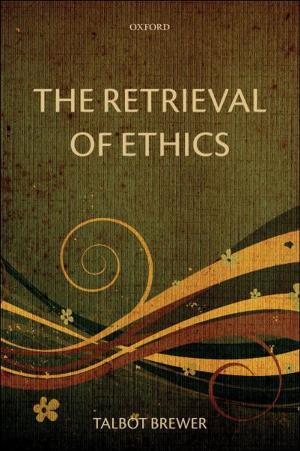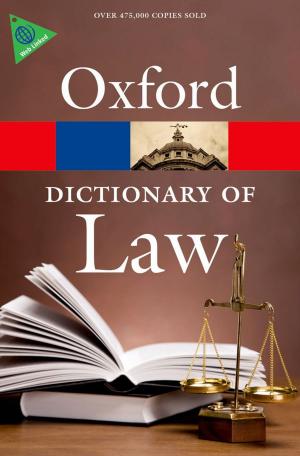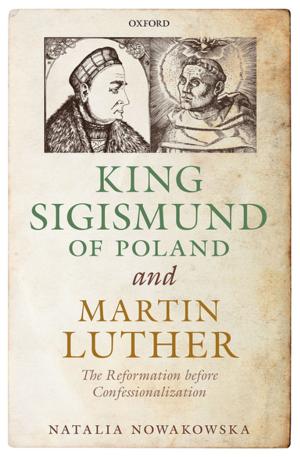Copyright and Mass Digitization
Nonfiction, Reference & Language, Law, Communications, Patent, Trademark, & Copyright| Author: | Maurizio Borghi, Stavroula Karapapa | ISBN: | 9780191648908 |
| Publisher: | OUP Oxford | Publication: | March 21, 2013 |
| Imprint: | OUP Oxford | Language: | English |
| Author: | Maurizio Borghi, Stavroula Karapapa |
| ISBN: | 9780191648908 |
| Publisher: | OUP Oxford |
| Publication: | March 21, 2013 |
| Imprint: | OUP Oxford |
| Language: | English |
Mass digitization of texts, images, and other creative works promises to unprecedentedly enhance access to culture and knowledge. With the electronic 'library of Alexandria' having started to materialize, a number of legal and policy issues have emerged. The book develops an extended conceptual account of the ways in which mass digital projects challenge the established copyright norms through the wholesale copying of works, their storage in cloud environments, and their automated processing for purposes of data analytics and text mining. As individual licensing is not compatible with the mass scale of these activities, alternative approaches have gained momentum as effect of judicial interpretation, legislative initiative and private-ordering solutions. This book queries the normative and policy implications of this newly emerging framework in copyright law. Adopting a cross-jurisdictional perspective, it concludes that lack of clarity as to the scope of authorial consent does not only bear the risk of legal uncertainty, but can also lead to the creation of new and not readily transparent monopolies on information and knowledge. In this respect, a new regulatory framework is outlined drawing from the insights developed in areas of law where the concept of consent in the use of data has been thoroughly elaborated. Illustrating how mass digitization unveils a number of unsettled theoretical issues within copyright, the book builds a sophisticated case that digital repositories in the mass digital age should be and remain fully-fledged public goods to the benefit of future generations.
Mass digitization of texts, images, and other creative works promises to unprecedentedly enhance access to culture and knowledge. With the electronic 'library of Alexandria' having started to materialize, a number of legal and policy issues have emerged. The book develops an extended conceptual account of the ways in which mass digital projects challenge the established copyright norms through the wholesale copying of works, their storage in cloud environments, and their automated processing for purposes of data analytics and text mining. As individual licensing is not compatible with the mass scale of these activities, alternative approaches have gained momentum as effect of judicial interpretation, legislative initiative and private-ordering solutions. This book queries the normative and policy implications of this newly emerging framework in copyright law. Adopting a cross-jurisdictional perspective, it concludes that lack of clarity as to the scope of authorial consent does not only bear the risk of legal uncertainty, but can also lead to the creation of new and not readily transparent monopolies on information and knowledge. In this respect, a new regulatory framework is outlined drawing from the insights developed in areas of law where the concept of consent in the use of data has been thoroughly elaborated. Illustrating how mass digitization unveils a number of unsettled theoretical issues within copyright, the book builds a sophisticated case that digital repositories in the mass digital age should be and remain fully-fledged public goods to the benefit of future generations.
